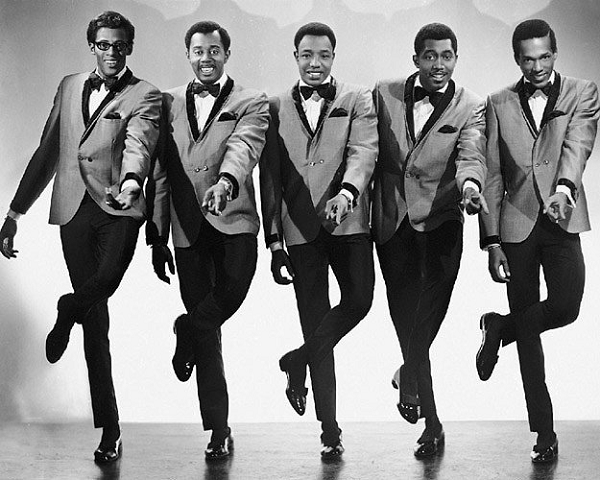“My Girl”: The Timeless Soul Anthem That Defined Motown’s Golden Era
In the winter of 1964, as the American music landscape was undergoing a seismic transformation, a smooth, joyful melody began to rise from the heart of Detroit. That song was “My Girl,” performed by The Temptations — and it would go on to become not just their first No. 1 hit, but a defining anthem of Motown’s golden era and one of the most beloved songs in American music history.
Written by Smokey Robinson and fellow Miracles member Ronald White, “My Girl” was more than just a catchy tune; it was a heartfelt expression of love, optimism, and emotional warmth. From the opening bassline — instantly recognizable and gently hypnotic — to the iconic first line, “I’ve got sunshine on a cloudy day,” the song radiated a feel-good energy that stood in stark contrast to the turbulent times of the 1960s. It offered listeners a moment of pure emotional clarity, where love was simple, joyous, and true.

The Temptations, already known in Motown circles for their vocal talent, found their breakout moment with “My Girl.” Lead singer David Ruffin’s tender yet powerful delivery gave the lyrics a sincere depth that resonated across audiences of all ages and backgrounds. The song reached the top of the Billboard Hot 100 in early 1965, marking the group’s national breakthrough and establishing them as key figures in the emerging soul movement.
But the legacy of “My Girl” stretches far beyond its chart success. It became an instant classic, covered by countless artists and featured in films, commercials, and pop culture moments for decades to come. Its universal message of love — uncomplicated, joyful, and real — has allowed it to transcend generations, continuing to charm listeners more than half a century after its release.

Motown founder Berry Gordy once described the label’s mission as creating “the sound of young America.” With “My Girl,” that mission was fully realized. The song captured a moment in time but also something eternal — the kind of warmth that lingers, even long after the music stops.